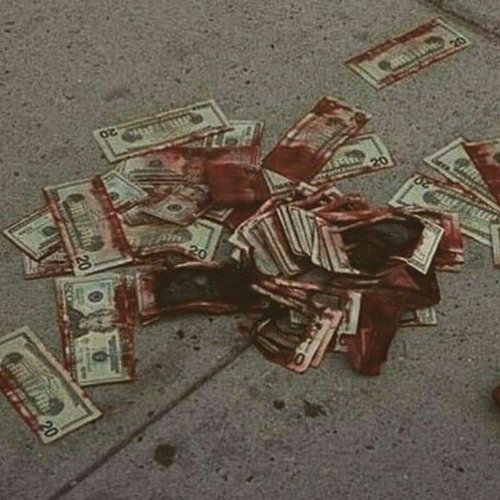crime don't pay // crime donnae pay
The straightedge, the normals, & the everydayers never make for good films. We’re obsessed with the underbelly of society, the outcasts and the actions they take for their own justified reasons. Thus, the Crime genre in film has stood for over a century to offer the cautious tales of those who decide to get money the easy way; the quick and dirty way, only to let us watch them figure out it’s all none of those things.
Of course, by means of ‘getting money’ the more apt synonym is obtaining power, as access to a surplus of capital is always the goal of every crime film & we’re along for the ride to see what they do with it. In 1931’s ‘The Public Enemy’, Tom is loosely shown to be motivated from a family perspective. The prohibition on alcohol offers a way to peddle, push & plunder to provide for the Powers matriarch. Alternatively, some 60-odd years later we find the inversion of this in ‘Shallow Grave’ where our protagonists are well-off, well-educated young adults who don’t need the money but are gripped but the treacherous thought of ‘...well wouldn’t it be nice if…’. This shift in the genre suggests a trend towards surplus, to overindulgence and decadence over time. No longer are the street urchins the thieves but the suit cladded middle class seeking to reach ever higher.
Bar a couple of notable examples, these striving entrepreneurs & snide syndicates are exclusively male. It’s men who seem to operate behind the law to ensure whatever they wish to secure. In ‘...Public Enemy’ for example, women are present throughout the entire run of the film, but as sisters, mothers & lovers (sometimes as dead weights to tie down the daring gangsters or as shining jewels used to show off their opalescence). Refreshingly, in ‘Shallow Grave’, the central trio comprises a fully dimensional woman who is on the same footing as the other two criminals as well as the seedy underbellies seeking revenge. This shows a more equitable gender relationship for the genre and even revises its’ sexual politics by having Juliet weaponize her sexuality to gain advantages throughout the course of the film. Although this trend points upward, unfortunately, it’s still much the minority example in the genre.
An old stalwart of the crime flick is that these stories mostly revolve around immigrants and those of the lesser socioeconomic strata. As mentioned above, ‘Shallow Grave’ does the exact opposite to emphasise the inverse. In ‘... Public Enemy’ the cast is entirely white Anglo saxons, but we see Irish cops and Irish descended crime leaders. Of course, Irish immigration would have been an important societal topic during when the film takes place. The earlier ‘Scarface’ focuses on an influx of Italian-American gang related crime and DePalma’s take on the matter updates it to Cuban & Latin-Americans. What does this all mean? One might criticise the genre for giving immigrants such a bad reputation and stereotyping, which is valid. What is also valid is the examination of the economic systems at play that allow for these narratives to be constructed, that one could argue (as many films do) that circumventing the law is the only option available to those wishing to achieve an acceptable standard of living. That is to say, until much like the dead warriors awaiting to wade down the river Styx, all that they can see is coin.
As the curtain closes & the lights go up, a question that lingers around the crime genre is the stylization of its conventions. It’s evident in ‘...Public Enemy’ that those responsible pondered the same and added a prelude title card denouncing the actions in the film. Of course, the Hays Code followed suite and although it curtailed erroneous behaviour in films, it only succeeded in moderation as filmmakers got creative on stylising crime & found it doesn’t matter the final punishment handed to a protagonist if the previous 98% of the runtime valorizes them. As the genre offers an outlet to criticise the systems in place as per the above points, perhaps it’s only fitting that as those systems tighten their grasp on everyone, the bodies governing the art that criticises them get looser.

Comments
Post a Comment